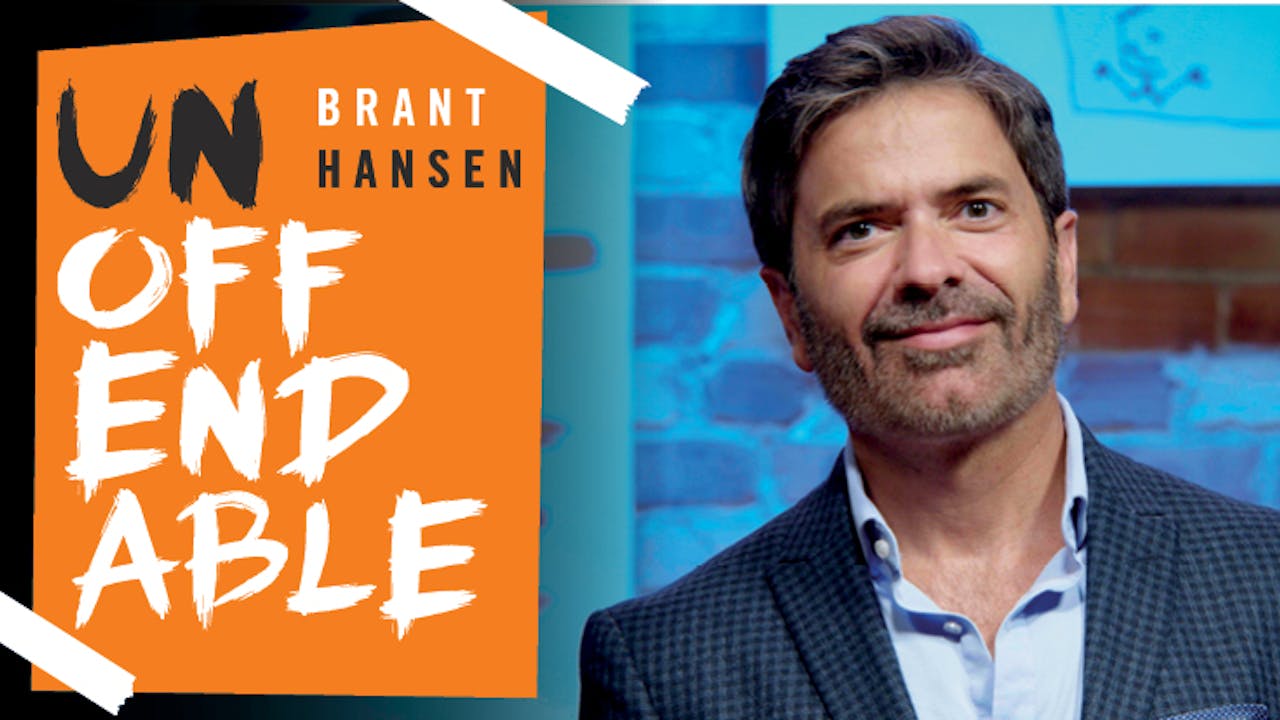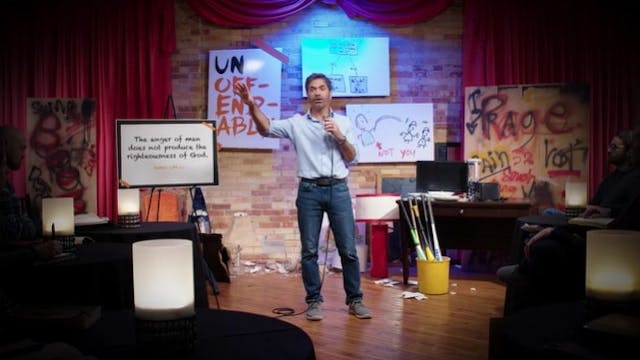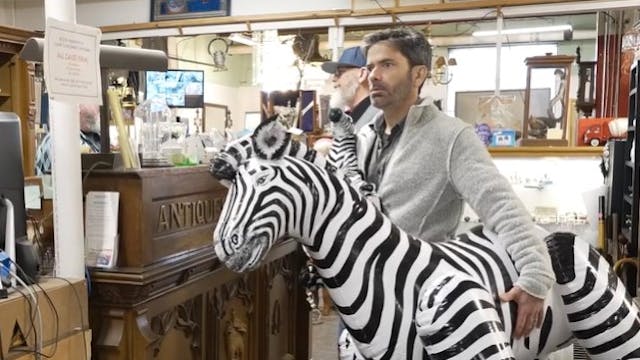Unoffendable
Having "righteous anger" is just a myth. While we all will get angry at times—after all, we are human—the Bible tells us we are not to hold onto it. In fact, Christians are supposed to forfeit their right to be offended—and give up their right to be angry. And as it turns out, when we do this we will find it to be one of the most freeing, healthy, simplifying, relaxing, refreshing, stress-relieving, encouraging things that we can do.
RELEASE DATE: January 10, 2023
Learn to live life with less stress and more care, by: (1) adjusting our expectations to fit human nature, (2) replacing perpetual anger with refreshing humility and gratitude, and (3) embracing forgiveness and beginning to love others in unexpected ways.
This study lifts religious burdens from our backs and allows us to experience the joy of gratitude every day of their lives—flourishing the way God intended.
-
S1: The Myth of Righteous Anger (Unoffendable)
The main idea of this study is counterintuitive, and it might even seem a little crazy at first. But here it is—we can choose to be unoffendable. We often try to justify our anger and conflate it with God’s anger. The reality is that there is no such thing as righteous anger in the Bible for huma...
-
S2: What Humans Are Like (Unoffendable)
Understanding who humans actually are—who we have been since the very beginning—is core to living an unoffendable life and practicing radical forgiveness.
-
S3: The Psychological Effects of Anger (Unoffendable)
It’s easy to see the connection between anger and stress in people. Those who deal with a lot of anger and choose to hold onto it typically also feel very stressed. The message of this study is not that we should never get angry. Rather, it’s that we should stop holding on to anger—stop carrying ...
-
S4: What About Injustice? (Unoffendable)
Contrary to popular opinion, anger does nothing to address injustice. Rather, anger clouds our judgment when we are attempting to deal with injustice. There is a way to stand up for injustice without giving into anger. There is also a way to forgive others while still standing up for justice.
-
S5: How to Actually Do This (Unoffendable)
The more you become unoffendable, the more you will be willing to forgive people as a lifestyle. Viewing people through the lens of forgiveness means seeing them in the way that God sees us.
-
S6: The Difference It Makes (Unoffendable)
Being unoffendable involves constantly reminding ourselves that we don’t deserve God’s forgiveness—and yet God has chosen to forgive us anyway. Gratitude and anger cannot coexist. Neither can thankfulness and anger. It’s either one or the other, and we have to choose.







